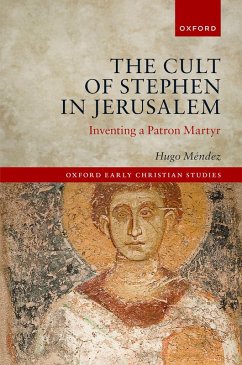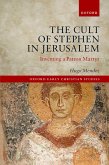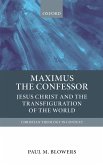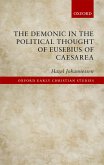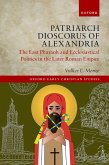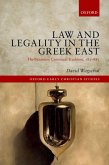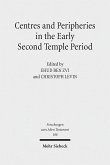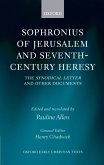As the site of only a small and obscure Christian population between 135 and 313 CE, Jerusalem witnessed few instances of anti-Christian persecution. This fact became a source of embarrassment to the city in late antiquity-a period when martyr traditions, relics, and shrines were closely intertwined with local prestige. At that time, the city had every incentive to stretch the fame of its few, apostolic martyrs as far as possible-especially the fame of the biblical St. Stephen, the figure traditionally regarded as the first Christian martyr (Acts 6-8). What the church lacked in the quantity of its martyrs, it believed it could compensate for in an exclusive, local claim to the figure widely hailed as the "Protomartyr", "firstborn of the martyrs", and "chief of confessors" in contemporary sources. This book traces the rise of the cult of Stephen in Jerusalem, exploring such historical episodes as the fabrication of his relics, the construction of a grand basilica in his honour, and the multiplication of the saint's feast days. It argues that local church authorities promoted devotion to Stephen in the fifth century in a conscious attempt to position him as a patron saint for Jerusalem-that is, a symbolic embodiment of the city's Christian identity and power.
Dieser Download kann aus rechtlichen Gründen nur mit Rechnungsadresse in A, B, BG, CY, CZ, D, DK, EW, E, FIN, F, GR, HR, H, IRL, I, LT, L, LR, M, NL, PL, P, R, S, SLO, SK ausgeliefert werden.

